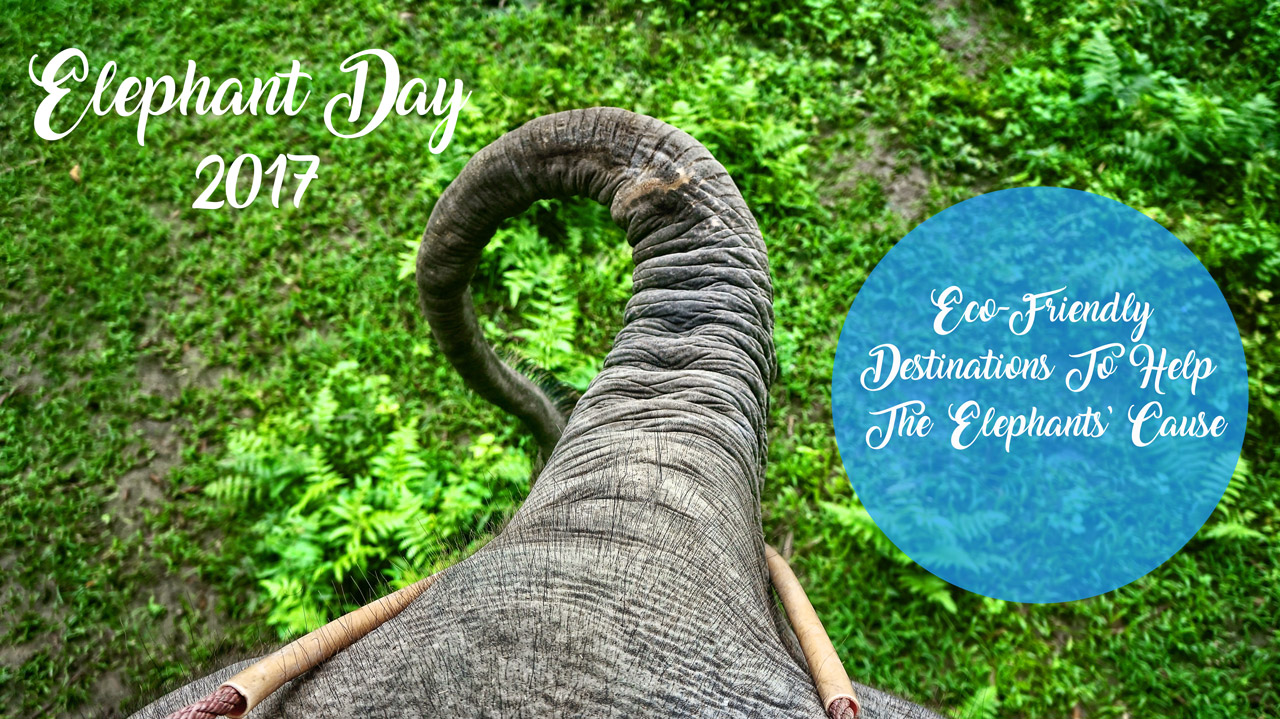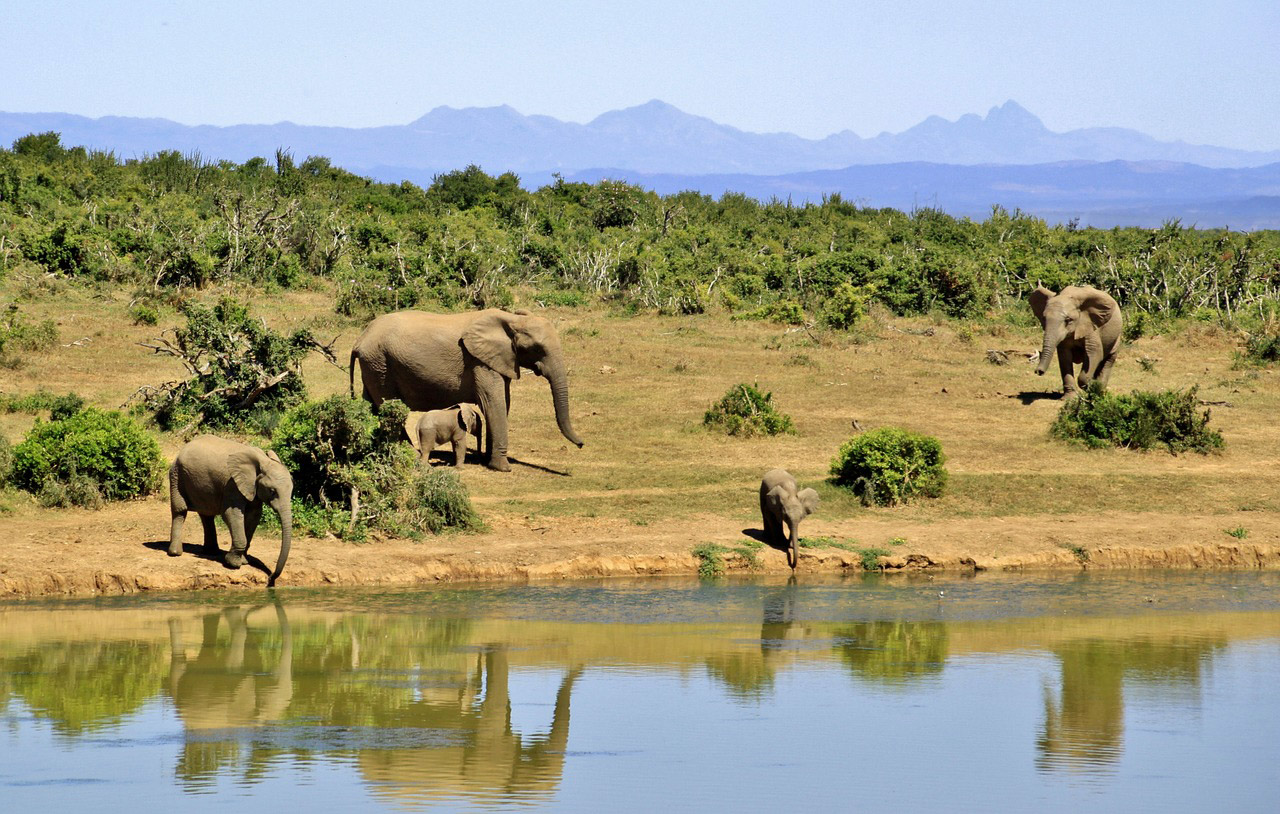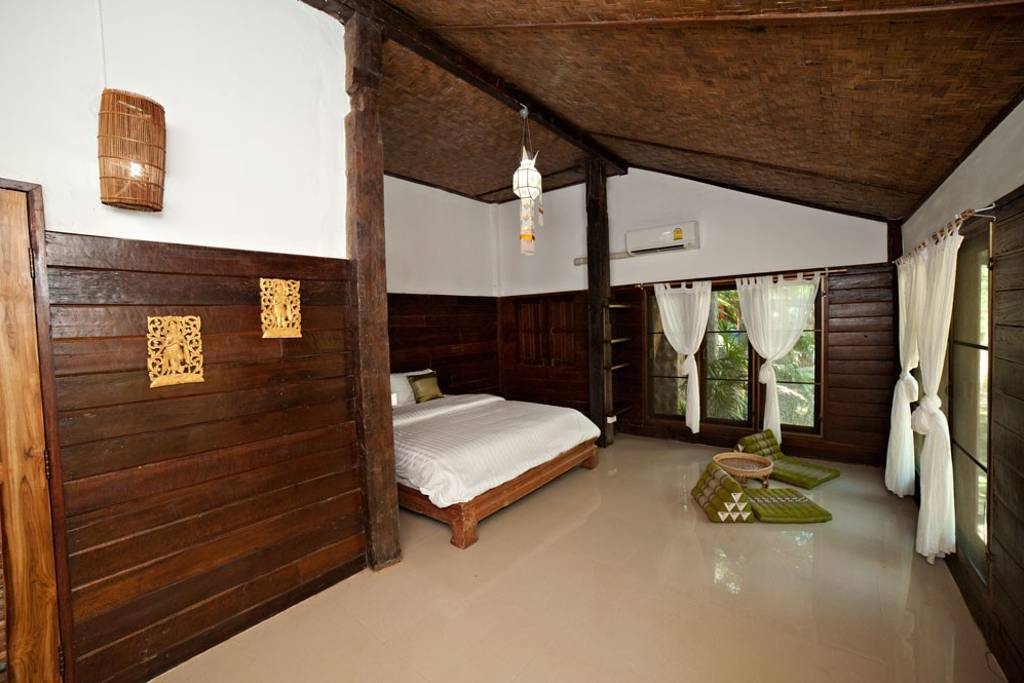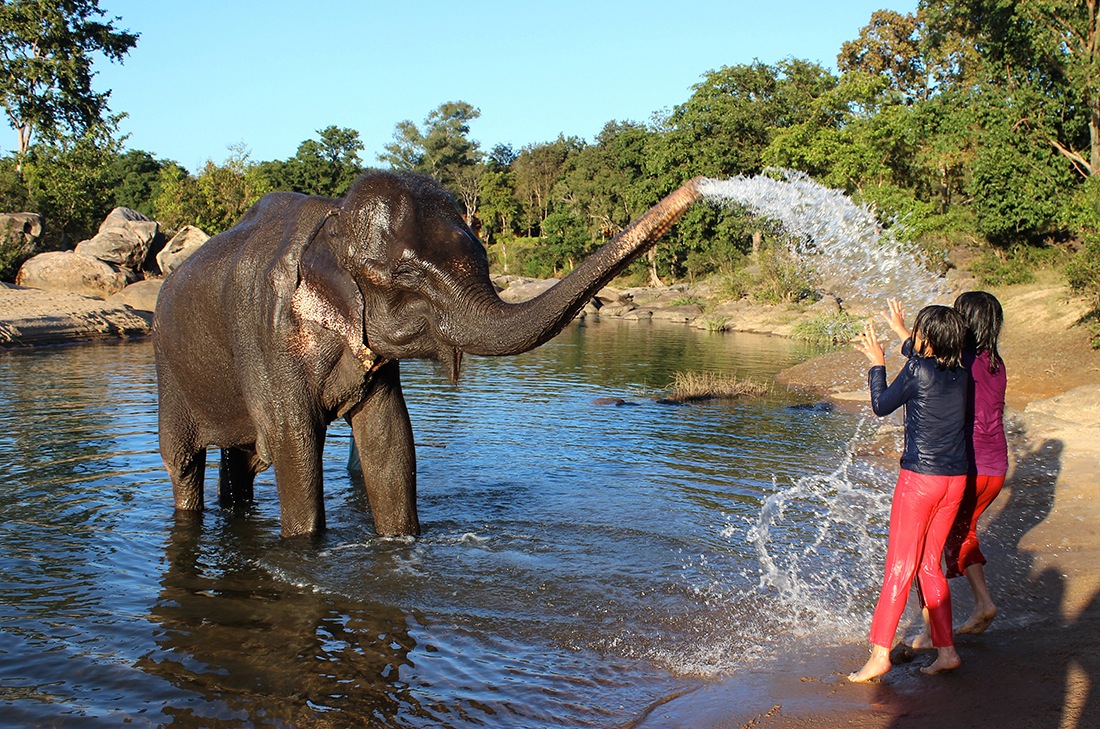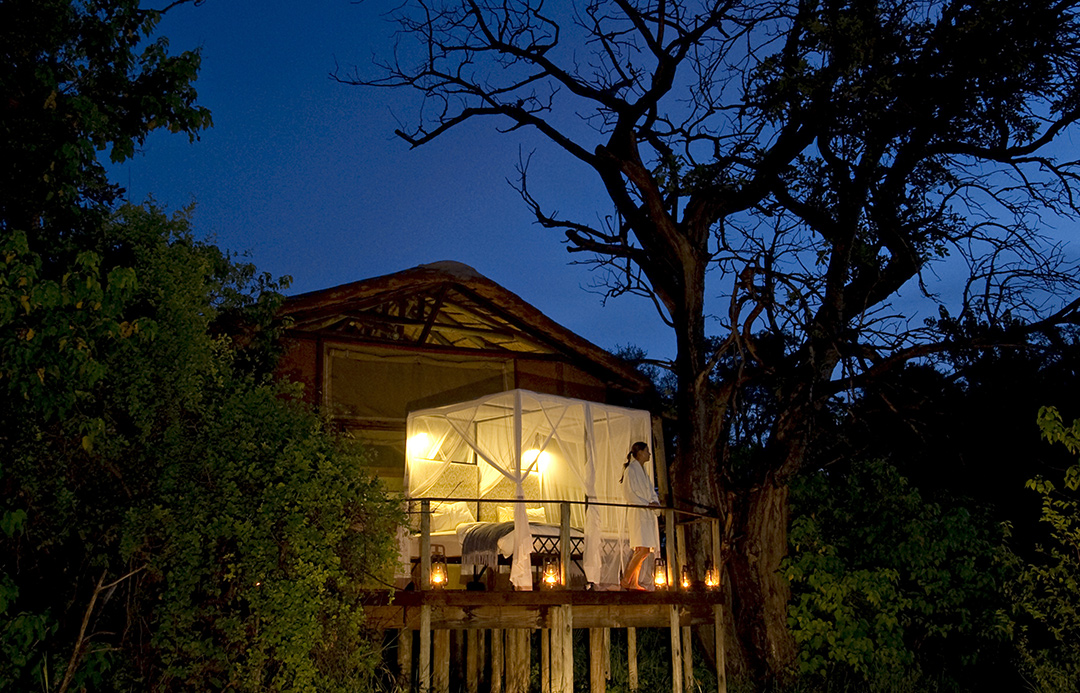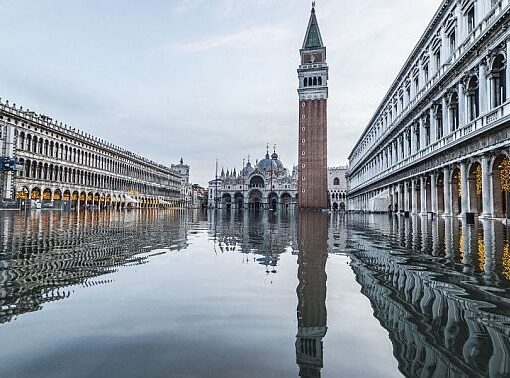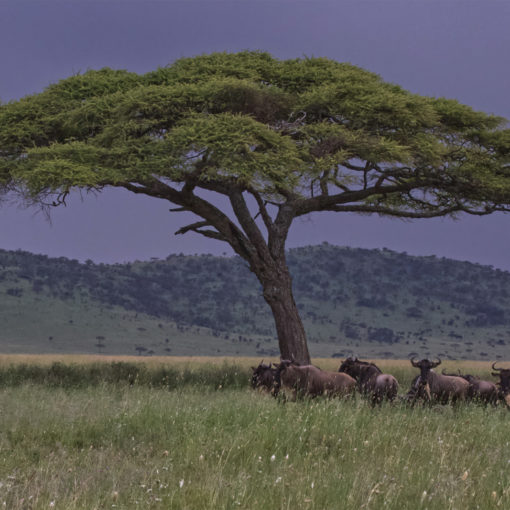Share This Article
Since 2012, August 12th marks World Elephant Day, a reminder to preserve and protect the elephants around the world. As the tiger, the elephant is another animal that has accompanied humans in their legends, stories and daily lives for millennia. Unfortunately, the ivory from their tusks has also been very popular and prized for its beauty and plastic qualities, and in the last decades this trade has greatly affected the elephant population worldwide. Last century there were more than 5 million elephants roaming the Asian and African forests, nowadays their total population is about a tenth of that. In recent years, many countries have outlawed ivory trade, nonetheless, it has continued in the hands of vast and very organized criminal groups.
Poaching and habitat loss are the main causes of the elephant crisis together with domestication and climate change. Many no-profit organization both in Africa and Asia are dedicated to the protection of this species from extinction. Just two weeks ago, the African Parks organization completed the largest elephant translocation, transporting 500 animals, that is several entire families, for 600km (372 miles) to help re-populate the Nkhotakota Wildlife Reserve in Malawi. You can read the story and see the photos at 500elephants.org.
How tourism impacts elephant life
Tourism has both a positive and a negative impact on elephants. Elephants are frequently captured and trained to entertain local tourists or shipped to circuses, so please keep away from those vacation experiences!
Tourism can have a positive impact on the elephants by visiting them in a safe and healthy environment. By taking the time in our trip to visit elephant sanctuaries, we are financially helping these institutions that research solutions to this species endangerment and create or defend the natural habitats of these animals. There are several parks and lodges in Africa and Asia that are working towards saving these wild animals and encouraging them to stay in the wilderness. In Asia, the Elephant Nature Park not only provides a great environment for the elephants but they encourage travelers to care for them. Visitors can bathe or watch the elephants taking their bath, they can feed and take jungle walk with elephants. By giving the visitors the opportunity to interact closely with the animals, their objective is to enhance the empathy towards their cause.
Here are some places where you can stay in an environmentally responsible way while getting to know the elephants.
Places to Stay
Chai Lai Orchid
Bamboo rafting, getting to know the local tribe, swimming in the waterfall and meeting the elephants, what more can we ask from a wildlife vacation? To stay in an eco-lodge of course! Yes, it is all possible at the Chai Lai Orchid. Located outside Chiang Mai in Northern Thailand, this eco lodge offers several tours to explore the surrounding hills in an environmentally responsible way. The rooms are spacious and decorated in simple yet elegant local style. 100% of proceeds from your stay benefit Daughters Rising, a no-profit organization which serves at-risk ethnic minority and refugee women. The eco-lodge offers also tribe homestays at the Chai Lai Sisters elephant rescue on nearby Karen Hill.
Find it on Wayaj app!
KIPLING CAmp
Kipling Camp is the perfect destination for those who wish to relax in idyllic surroundings and explore the remote forests and villages of central India. Established in 1982 by a family of conservationists on the edge of Kanha National Park, it is one of the finest wildlife camps in India. At Kipling Camp, guests can choose among comfortable two-to four-room cottages, each with its own verandah offering views of the Camp and the surrounding forest. One of the main attractions of the camp is Tara, the heroine of Mark Shand’s epic tale ‘Travels on my Elephant’ has made Kipling Camp her home since 1989. After one of the daily safaris into Kanha National Park, guests can relax at the Camp in a hammock, have a massage, bird watch, take a nature walk, or photograph the wildlife coming to drink at the waterhole. There is also the unique experience of bathing Tara in the river, and exploring local villages with their traditional architecture and colorful markets. At night the Camp hosts film shows and tribal dances, the most adventurous can catch a glimpse of a Mottled Wood Owl or a Giant Flying Squirrel in the forest around the Camp.
Find it on Wayaj app!
Sanctuary Baine’s Camp
The Sanctuary Baine’s Camp is an intimate safari camp on an island of the Okavango delta in Northern Botswana. The nearby Moremi Game Reserve ranks among the best African reserves and it boasts one of the most unique and diverse ecosystems on the continent. Part of the structures of this eco-friendly lodge are build using cans recycled by the local community. In their 5 luxurious suites, the guests can enjoy sophisticated African hospitality with four poster “sky beds”, open air “star baths” and dining on the deck with a view on the hippos of the delta.

